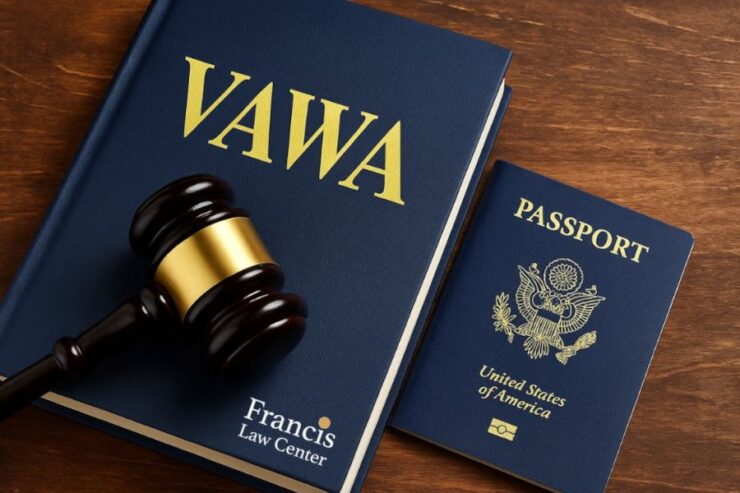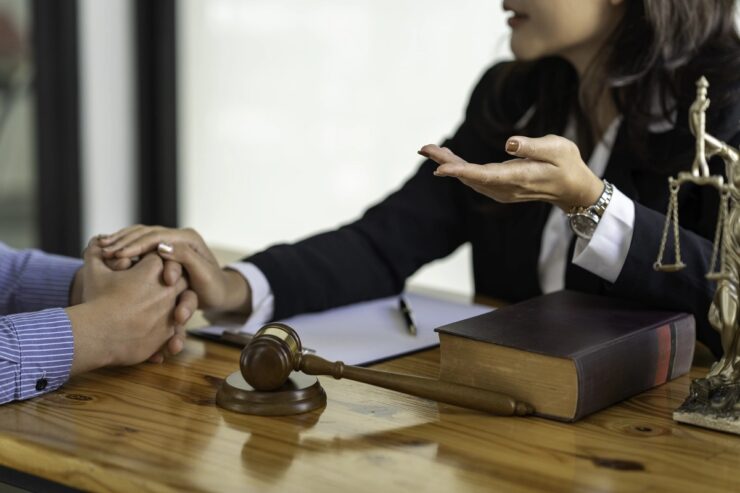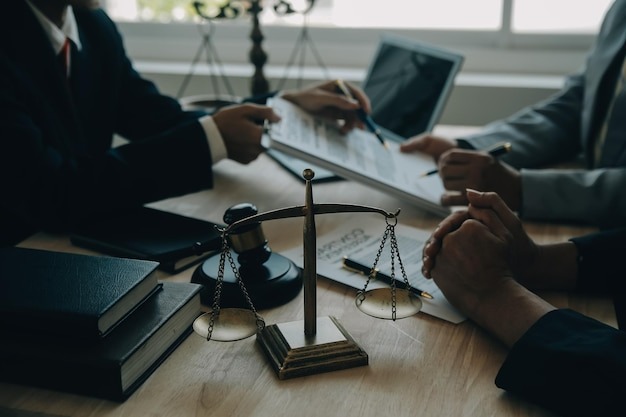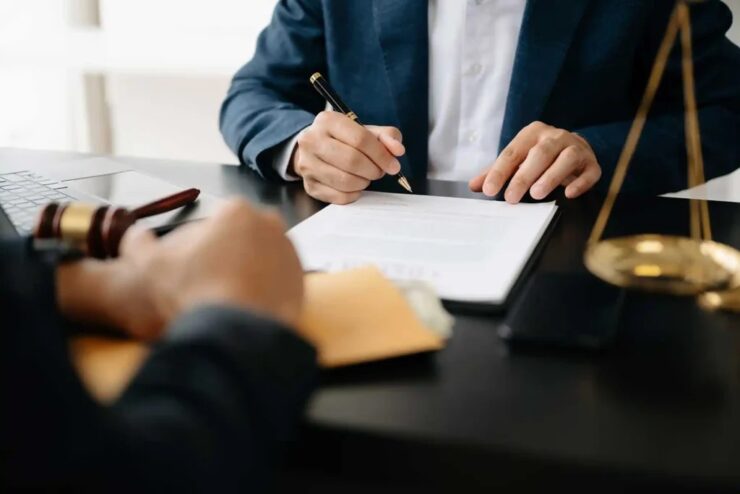For many immigrants in the United States, obtaining lawful status is a pathway to safety and stability.
However, when that journey involves abuse by a U.S. citizen or lawful permanent resident spouse, parent, or child, it can feel impossible to move forward.
The Violence Against Women Act (VAWA) offers critical protection, allowing victims of domestic violence, child abuse, or elder abuse to self-petition for lawful immigration status without relying on their abuser.
Working with an experienced VAWA Immigration Attorney in Westminster can make this complex process more approachable and ensure that survivors’ rights are fully protected.
What Is VAWA and Who Can Benefit?
A Pathway for Victims of Abuse

The Violence Against Women Act (VAWA), originally enacted in 1994 and reauthorized several times since, is a federal law that provides resources and legal relief for survivors of domestic violence, sexual assault, stalking, and other forms of abuse.
In the immigration context, VAWA allows certain noncitizen spouses, children, and parents of abusive U.S. citizens or lawful permanent residents to apply for a green card independently. This process is known as a VAWA self-petition.
Eligible individuals include:
- Spouses or former spouses of abusive U.S. citizens or lawful permanent residents
- Children under 21 who have suffered abuse or extreme cruelty by a parent who is a U.S. citizen or lawful permanent resident
- Parents of U.S. citizen sons or daughters (aged 21 or older) who have been abusive
Importantly, VAWA protections are available regardless of gender or sexual orientation. The law recognizes that abuse can occur in any household, and that immigration status should never be used as a tool of control or intimidation.
How the VAWA Self-Petition Process Works
Step 1: Establishing Eligibility
The self-petition process begins by filing Form I-360, Petition for Amerasian, Widow(er), or Special Immigrant, with U.S. Citizenship and Immigration Services (USCIS). The petitioner must demonstrate:
- A qualifying relationship with the abuser (such as a marriage or parent-child relationship)
- Evidence of abuse or extreme cruelty
- Proof that the petitioner resided with the abuser
- Good moral character
Supporting documents often include police reports, medical records, photographs, witness statements, or written declarations describing the abuse and its impact.
An experienced VAWA Immigration Attorney in Westminster can help survivors gather this evidence in a way that respects their privacy and dignity while meeting USCIS requirements.
Step 2: Confidentiality and Protection

One of the most important aspects of VAWA immigration relief is confidentiality. USCIS does not notify the abuser that a self-petition has been filed.
This safeguard ensures that survivors can seek protection without fear of retaliation or interference. For many, this provision is what makes filing a self-petition possible at all.
Step 3: Adjustment of Status
Once a VAWA petition is approved, the next step may involve applying for a green card through Form I-485, Application to Register Permanent Residence or Adjust Status.
In some cases, petitioners can apply for work authorization while waiting for approval, allowing them to begin rebuilding their lives independently. For those outside the United States, the process may involve consular processing through a U.S. embassy or consulate.
The Role of a VAWA Immigration Attorney

Navigating the VAWA process requires not only knowledge of immigration law but also sensitivity to the emotional challenges that survivors face. A VAWA Immigration Attorney plays several key roles:
Legal Guidance and Documentation
VAWA cases often hinge on the quality and completeness of supporting evidence. Attorneys help clients prepare thorough petitions, organize documentation, and avoid common mistakes that could delay or jeopardize approval.
Emotional Awareness and Safety Planning
An attorney experienced in domestic violence and immigration issues understands the need for discretion and compassion.
They can refer clients to local advocacy organizations, shelters, or counseling services, ensuring that survivors receive holistic support during and after the legal process.
Representation Before USCIS
If USCIS requests additional information or schedules an interview, an attorney can represent the client, clarify complex questions, and advocate for a fair outcome.
Having professional representation increases the likelihood of success and reduces the stress of navigating the system alone.
Common Challenges in VAWA Cases

While VAWA offers vital protection, the process can be difficult for several reasons:
- Lack of Documentation: Survivors often leave abusive relationships suddenly, without access to financial records, identification, or proof of cohabitation.
- Emotional Trauma: Reliving details of abuse can be painful and may make it difficult to write the required personal statements or gather testimony.
- Legal Misunderstandings: Many immigrants mistakenly believe that leaving an abusive partner will result in deportation or loss of status.
An experienced VAWA Immigration Attorney in Westminster can help overcome these barriers by identifying alternative forms of evidence, such as letters from friends, school records, or statements from community leaders.
They can also educate clients about their legal rights and reassure them that VAWA protections are designed precisely for situations like theirs.
The Broader Impact of VAWA Protections
VAWA has been instrumental in empowering immigrant survivors to seek independence and rebuild their lives.
Beyond immigration relief, the law funds critical services such as domestic violence hotlines, crisis shelters, and victim advocacy programs.
These resources collectively create a safety net for individuals who might otherwise remain trapped in abusive environments.
For additional guidance, survivors can visit U.S. Citizenship and Immigration Services – VAWA Provisions or contact local domestic violence organizations that assist immigrants.
Reclaiming Safety and Stability
For many survivors, the VAWA immigration process represents more than just a legal procedure, it’s a step toward reclaiming autonomy, dignity, and peace of mind.
By allowing individuals to self-petition without their abuser’s knowledge or consent, VAWA ensures that immigration status cannot be used as a weapon of control.
With the support of an experienced VAWA Immigration Attorney in Westminster, survivors can navigate this complex process with clarity, confidence, and hope for a safer future.

